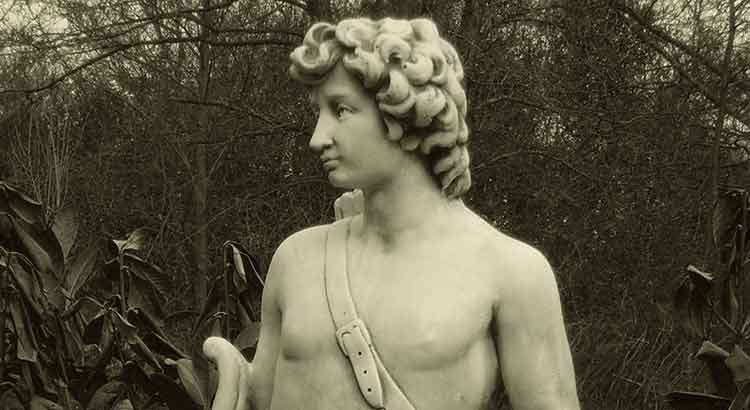Forced to wait in a line, with nothing to read, I enjoy the moment in a fun activity: trying to list the things I hate most. Here we go: (1) dissimulation, (2) bureaucracy, (3) demagoguery, (4) groups of people, (5) marketing, (6) expansiveness, (7) noise of human voices, (8) futile conversation… I list and have an idea. The smile is immediate. Again, I perceive myself as an unsuitable animal. I consider, perhaps, that my existence is an evolutionist enigma. I have countless contrary manifestations to the environment, so I risk my nature to be the portrait of maladjustment. In me, the intro and the extra are related in hostility, they repel each other without any possible conciliation. I deliberately refuse to integrate the medium, even if I fail and it unbearably persecutes me. I remember the words of Thoreau: “Wherever a man goes, men will pursue and paw him with their dirty institutions, and, if they can, constrain him to belong to their desperate odd-fellow society”. Oh, annoying life! Unbearable conventions! Stupid talk!… Goodbye, note, even you cause me anger.
____________
Read more:



![An Unsuitable Animal [2]](https://lucianoduarte.com/wp-content/uploads/2020/07/Animal-2-1.jpg?x11614)